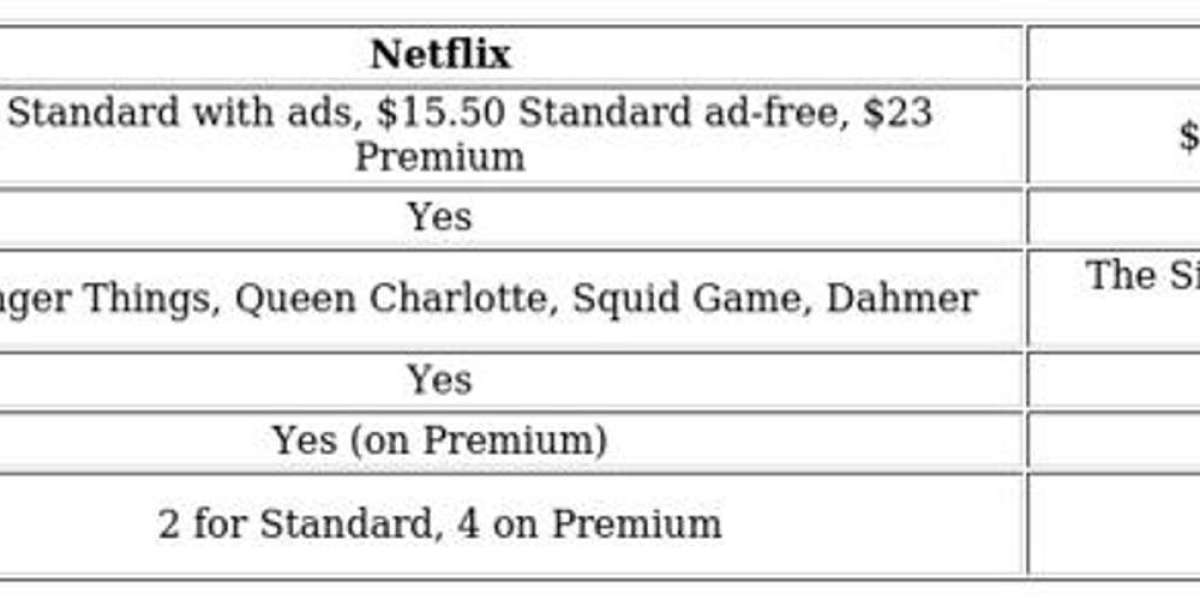Originally Published on: Quantzig|4 Vital Roles of Business Analytics in the Healthcare Industry
Revolutionizing Healthcare Processes through Strategic Data Utilization
Within the ever-evolving healthcare landscape, the abundance of data has evolved into a fundamental asset for enterprises. The strategic integration of business analytics plays a pivotal role in elevating business operations, optimizing costs, and enhancing overall care quality. Despite its vast potential, the healthcare industry is still in the early stages of harnessing the power of business analytics, primarily due to the intricate nature of healthcare datasets.
The Pioneering Impact of Business Intelligence in Healthcare
Optimizing Business Operations
Business analytics emerges as a transformative force in healthcare operations. Hospitals can meticulously analyze patterns within emergency-room care, refining staffing strategies based on specific shifts. This optimization not only enhances operational efficiency but also significantly reduces nursing costs, a critical aspect for cost-conscious healthcare institutions. The application of business analytics extends to inventory management, equipment optimization, and specialized care facilities, further streamlining hospital operations.
Supplier Analysis: Unveiling Hidden Efficiencies
Hospitals and clinics can unlock hidden efficiencies by scrutinizing suppliers through business analytics. Analyzing inventory data, Electronic Medical Records (EMR), and other metrics empowers healthcare providers to identify overpayments, underutilized devices, and supply chain wastage. By leveraging business intelligence tools, institutions can negotiate prices more effectively, fostering a cost-effective and efficient supply chain.
Enhancing Patient Outcomes through Data Insights
The vast reservoir of patient data in the healthcare industry presents an opportunity for profound impact. Business analytics enables the analysis of patient data across similar cases, identifying patterns that inform preventive care measures. Leveraging predictive modeling, healthcare professionals can categorize patients based on risk levels, thereby elevating the overall quality of care. An exemplary case is IBM's predictive model identifying heart disease risks by assimilating structured and unstructured patient data.
Estimating Insurance Costs: Precision in Financial Planning
Business analytics proves instrumental in estimating insurance costs and refining medical expense predictions. Through meticulous mapping of insurance provider data to patient data, healthcare institutions create accurate models and tailored healthcare plans. As insurance companies increasingly shift towards outcome-based models, collaboration with healthcare providers becomes pivotal. This collaboration not only promotes efficient treatment programs but also incentivizes preventive care, leading to lowered premium payments for improved patient outcomes.
#HealthcareTransformation: Unleashing the Potential of Business Analytics in Revolutionizing Healthcare Operations
In summary, business analytics stands as a catalyst for transformative change in the healthcare industry, optimizing operations, enhancing patient outcomes, and fostering efficient collaborations across the healthcare ecosystem.







